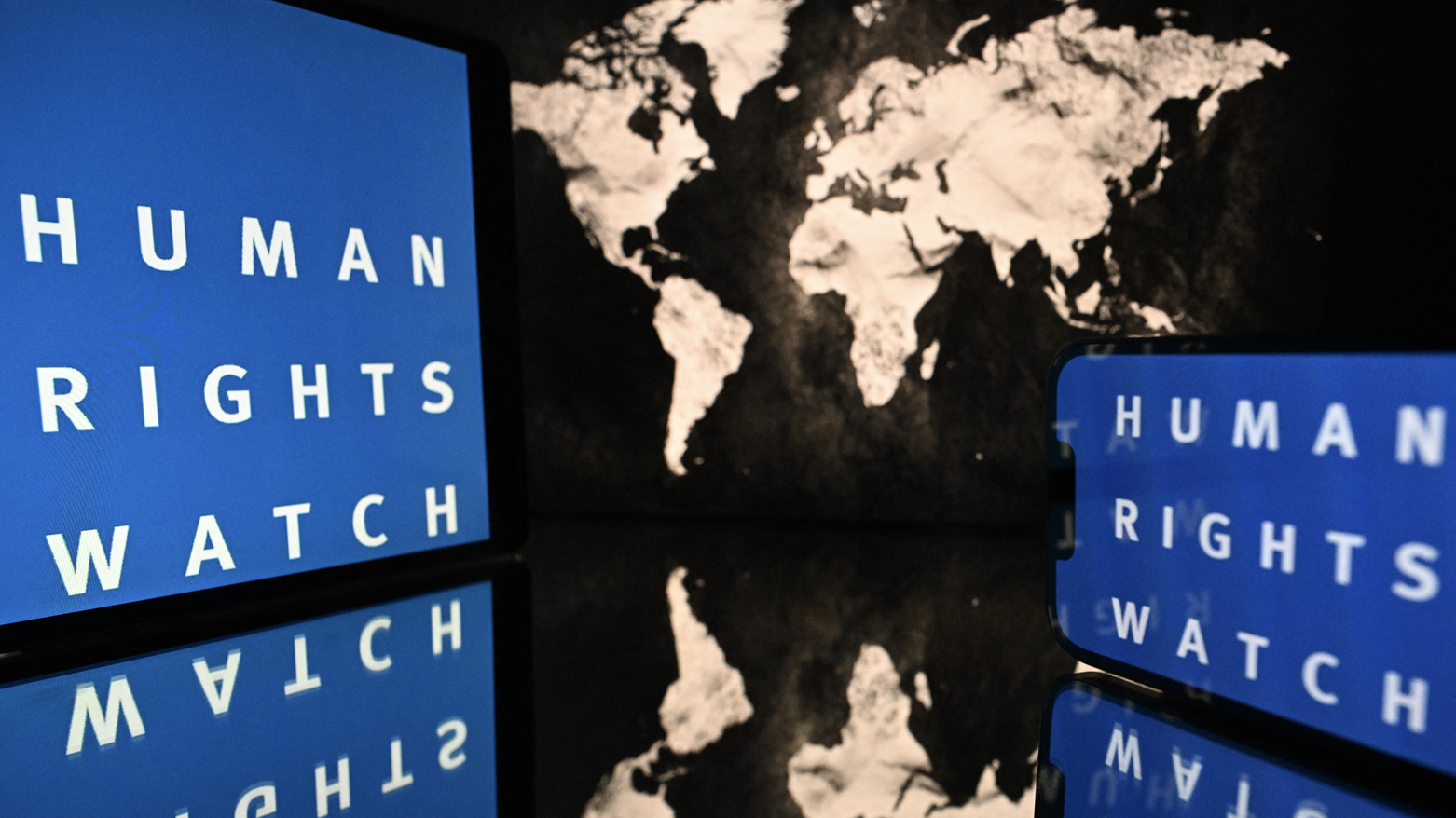Russia Bans Human Rights Watch as Moscow Intensifies Crackdown on Foreign Organizations
Russia banned Human Rights Watch as an "undesirable" organization, escalating its crackdown on foreign groups amid reports the US may recognize Russian territorial gains in Ukraine as part of a potential peace settlement.

Erbil (Kurdistan24) – Russia on Friday added Human Rights Watch (HRW) to its list of “undesirable” organizations, effectively banning the New York–based rights group from operating anywhere inside the Russian Federation. The decision, which was issued without explanation, bars any cooperation with the organization and makes association or financial support for HRW punishable under Russian law.
Human Rights Watch had already been forced to close its offices in Russia in 2022, but the latest classification formalizes a complete ban on its activities. The organization—which documents violations committed by governments and armed forces worldwide—has repeatedly condemned Russia’s full-scale invasion of Ukraine and accused its military of committing a “litany of violations,” a charge Moscow denies.
Since the start of the offensive against Ukraine in February 2022, the Russian Ministry of Justice has outlawed dozens of international groups critical of Kremlin policies or of Russia’s conduct in the war. Among the organizations previously designated “undesirable” are the World Wildlife Fund, Greenpeace, Transparency International, and the Elton John AIDS Foundation.
The new designation effectively criminalizes engagement with Human Rights Watch, making donors, partners, or associates liable to prosecution inside Russia.
The decision to outlaw HRW comes as geopolitical tensions surrounding the war in Ukraine intensify, following reports that Washington is weighing proposals that could legitimize certain Russian territorial gains.
On Friday, November 28, 2025, the British outlet The Telegraph reported that the United States is prepared to recognize parts of Crimea and other regions currently controlled by Russia as Russian territory—even without Ukraine’s approval. According to the report, the plan forms part of a draft U.S. proposal aimed at facilitating a wider peace settlement in Ukraine.
A source cited by the British agency stated that Washington “does not give priority to Europe’s position” and intends to pursue its preferred approach regardless of objections. The report suggested that the U.S. plan includes recognizing Crimea and territories under Russian control as officially part of the Russian Federation.
Earlier on Friday, the Kremlin announced it had received a “refined strategy” for ending the conflict, following talks between U.S. and Ukrainian officials in Geneva. Russian officials said that Washington had notified Moscow that discussions on the matter should take place this week.
The Kremlin also referenced concerns regarding the “legitimacy crisis” facing Ukrainian President Volodymyr Zelensky, saying he is reluctant to hold elections and must adhere to the country’s constitutional requirements.
On Thursday, Russian President Vladimir Putin warned that any U.S. peace proposal must include formal recognition of Crimea, Donetsk, and Luhansk as Russian territory. He stressed that Russia would halt its military operations only if Kyiv withdraws from those areas which Moscow claims as its own—otherwise, Russian forces would “advance by force.”
Russia’s move to ban Human Rights Watch reflects a broader tightening of state control and the elimination of foreign organizations critical of Moscow’s policies at a moment when major diplomatic maneuvers are underway. As Washington’s proposed framework for a Ukraine settlement circulates and U.S.–Russia communications intensify, Moscow continues to assert its authority domestically by shutting down external actors it perceives as hostile.